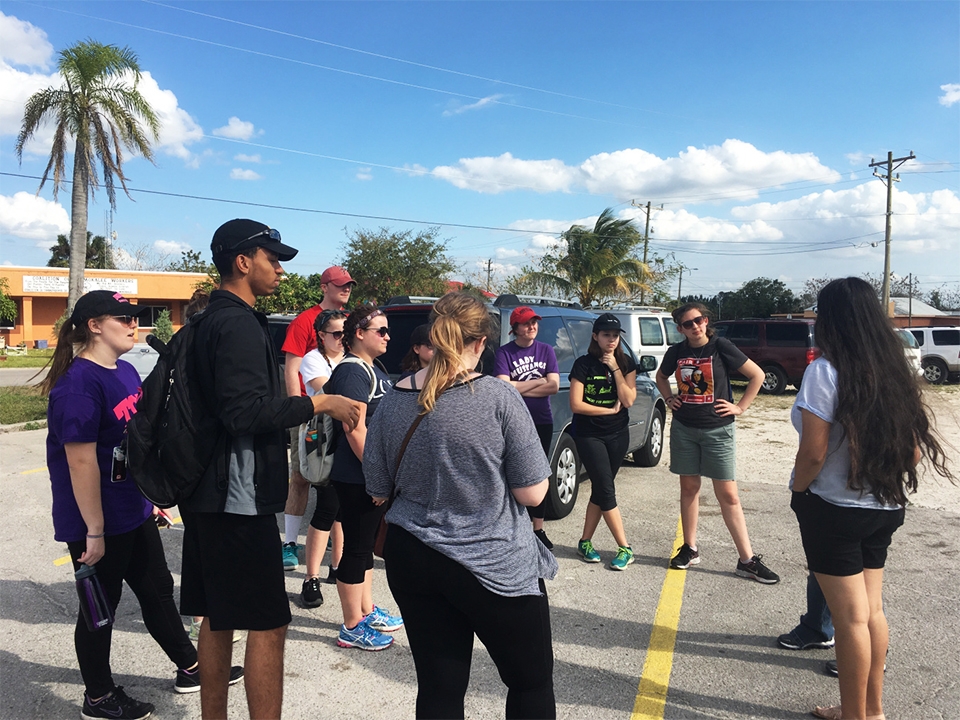
by the editorial staff
March 3, 2022
Rapidly developing in Florida’s public education system, the media-coined “Don’t Say Gay” bill prohibits discussion of the LGBTQ+ community and gender identity from grades K-3.
From a young age, children are pushed through a conventional, heteronormative precedent set by older generations, not giving them a chance to express themselves. By censoring the conversation within the classroom setting, children will be restricted from a safe environment to discuss their identity and viewpoints.
According to the Racial and Sexual Discrimination Bill, passed by the Florida House of Representatives, prohibits public institutions from providing “mandatory training” for culturally-responsive pedagogy, and would take effect July 1. Meaning — if a school does not find it necessary to incorporate diversity in the classroom, they don’t have to.
Similarly, the Individual Freedom Bill would allow curriculum to be curated and monitored by employees and parents. If a parent thinks a lesson plan does not meet their censorship standard, then they can testify to administration or even the U.S. Department of Education. This can be done beyond primary education if a parent deems a lesson not age or developmentally appropriate for their child.
This bill would give parents — most of whom do not have degrees in education — the decision to backpedal public school curriculum into a narrowed worldview.
Already, the bill had to be changed due to harmful rhetoric toward LGBTQ+ youth. The bill has since been edited to include the proper terminology, though it goes to show the lack of understanding for the youth of today to instead cater to “parent’s rights.”
In a child’s most vulnerable and formative years in cognitive development, this bill keeps students from the validation they need to grow. By denormalizing conversations of identity, students may grow to become naive to the realities around them or make students feel as though they cannot confront educators about wants and needs outside of the classroom.
This is especially damaging to students who may have two moms or two dads, a nonbinary sibling or perhaps are figuring out their own preference. If students are made to feel that they or their loved ones are an inadequate fit to the system, it may lead to mental health issues down the road. These young individuals may not have a safe space in school or at home.
According to a survey done by the Human Rights Campaign, 12,000 students ages 13-17 across the U.S. identify as part of the LGBTQ+ community. In a study done by Global Human Rights, 83% of LGBTQ+ youth said they feel they have to hide their sexual orientation. If this is the case for older students who have a better grasp on their identity, what does this say for younger students who aren’t given the opportunity to find out who they are?
Children deserve to feel represented and heard in the classroom setting — especially if they don’t have that environment at home. If we keep censoring meaningful conversation in the classroom, future generations will have trouble finding themselves in a system that won’t let them.




